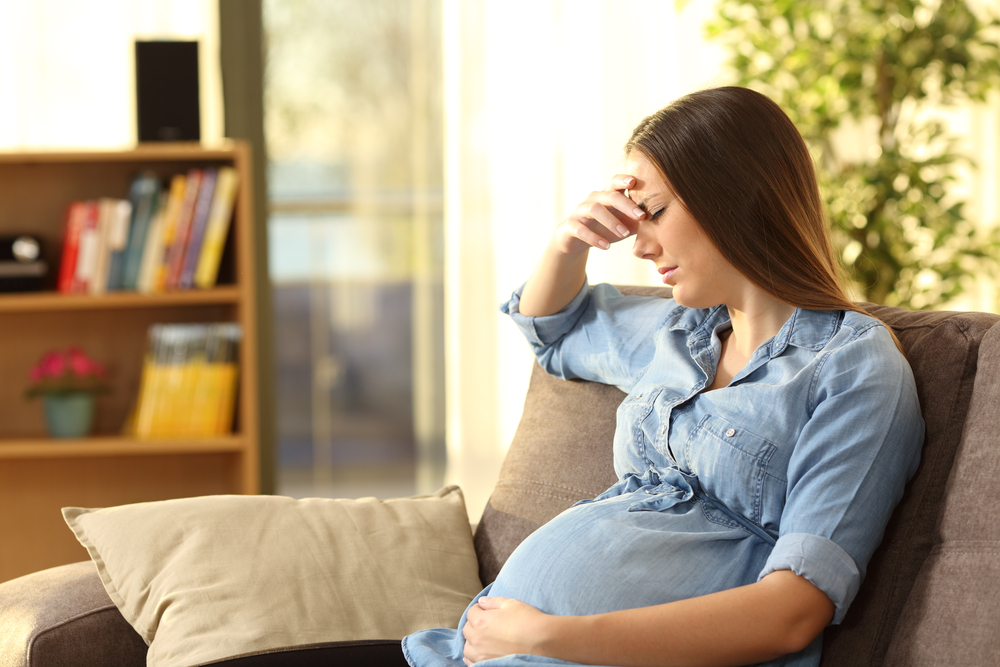




Stress during pregnancy: how it can be managed?
Stress during pregnancy is absolutely normal. We all have stress. For many women, pregnancy adds additional stressors. Even when everything is going as well as possible. Yet experts agree that pregnant women should try to reduce exposure to stressful situations. Stress during pregnancy should be reduced whenever possible. Experts agree that anxiety, depression, and exposure to stress during pregnancy are risk factors for adverse outcomes. Both for the mother and the fetus. Experiencing a bit of anxiety is normal. It’s part of everyday life. Especially if you already have other children! Problems may arise when anxiety becomes excessive. Even when pregnant women are consistently exposed to stressful situations. Anxiety in pregnancy is associated with shorter pregnancy. With an increased risk of pre-term births. With a lower birth weights. This has potential negative effect on fetal development. It may have longer lasting effects on the child’s later development. Types of anxiety that may be particularly problematic.

STRESS DURING PREGNANCY INCLUDE:
- Anxiety about the pregnancy itself.
- Chronic strain.
- Exposure to racism.
- Depressive symptoms in moms during the pregnancy.
Do not forget that an important point during pregnancy is Rh affiliation. It is necessary to know it at the earliest stages of pregnancy in order to prevent a possible Rh-desease.
Schetter CD e Tanner L. Anxiety, depression and stress in pregnancy: implications for mothers, children, research, and practice Curr Opin Psychiatry 2012 arch 25(2): 14-148
Woods SM. et al. Psychosocial stress during pregnancy AJOG 2010; 202:61.e1-61.e7

